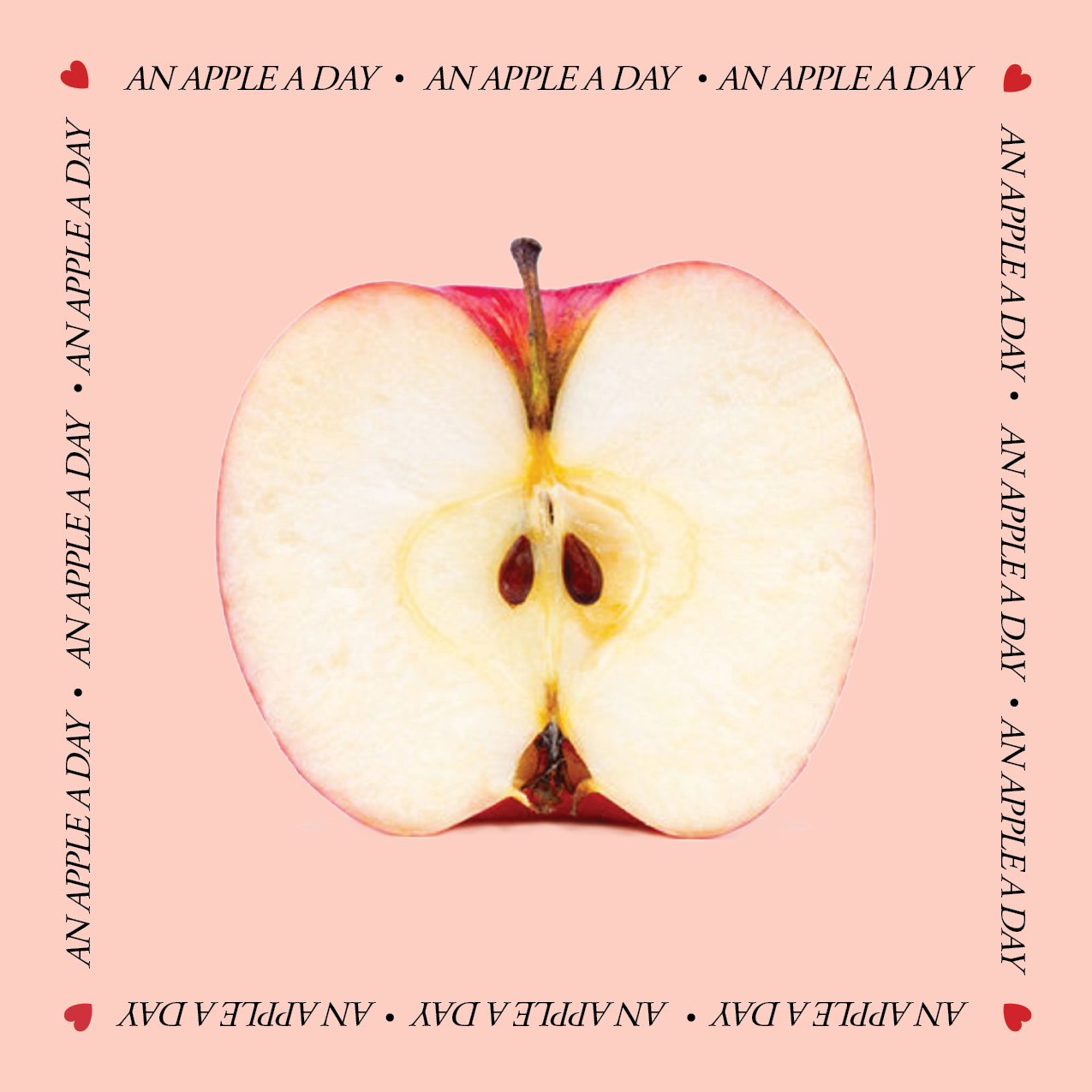An Apple A Day
a series to mend and explore experiences of care (or lack of) as we age.
Intention
An Apple a Day1 is a collective of menders2 exploring experiences of care or lack thereof. We believe our hands are tools for storytelling and acts of repair can empower people to discuss deeper issues around care. We seek to create new pathways in our thinking about our relationship with control and the many facets of illness, transition, and transformation, in relation to ourselves, our friends, our loved ones, and our societies.
Who We Are
Our collective is intergenerational. Currently, we span across the United States, the United Kingdom, and Europe with hopes to widen our geography. Our connections harbor the potential of fostering long-term relationships that grow out of exchanges undertaken without preconception. We are open, generous, and vulnerable with each other and also protective of each other.
What We Do
Our time together is a testing ground for conversations, mending, sharing resources, and making connections among generations and outside our typical communities. We work together in-person and virtually, allowing for easier accessibility, a diversity of mindsets, and future-thinking. We make time and space for discomfort and uncertainty around our health, bodily changes, and grief. We prioritize process, slowness, empathy, listening, and unlearning, over any final or finished output.
Ultimately, we believe the reciprocal care of each other is the ultimate form of self-care.
The Origin + Evolution
Inspired by the essay “The Heroism of Incremental Care” by Dr. Atul Gowande, our first cohort gathered in March 2024 around a long table in a balmy Brooklyn apartment along with other members online. We shared stories about aging while eating apple crisp. It was a bit of an experiment in trust and co-creation. Together, we developed a framework for intergenerational discussions, collected a variety of care resources, and created rich workshops revolving around ideas of repair and transformation.
︎︎︎Stay Connected
Our third cohort will run from September 2025-May 2026. Applications are now closed.
Click here if you would like to stay connected about upcoming events related to AAAD, including the next cohort application.

Topics we discuss
+ Life cycles and aging
+ Illness
+ End of life decisions
+ Repair through nature
Atmosphere
+ Always warm, soft, supportive
+ Always apple-something to share
+ Always mending
Format
+ Open enough to shift as time progresses
+ Rotating facilitator
+ Supplemental readings or other media
+ Space to work on projects
Collective
+ Diversity of people, especially in age
+ Healthcare experts and everyday people
+ Ability to mend or willingness to try
Inspiration
In the 2017 essay titled “The Heroism of Incremental Care,” doctor and surgeon Atul Gowande examines how the United States’ healthcare system does not adequately value services that improve people's lives over the long term. For example, specialists like cardiologists make twice the income of a general practitioner (GP). Yet, there is incredible power in providing access to GPs. By building rapport and trust and making small, incremental changes, one can experience a big difference in their quality of life. GPs actually lower mortality rates and can extend people’s lives up to 10 years, saving the healthcare industry money in the long run. Dr. Gowande goes on to highlight the parallels in the United State’s infrastructure system. For instance, we spend more money on creating new bridges then simply maintaining the old ones. We don’t see the value in the incremental, the invisible, or the old. As we age, we often are treated much like a worn out object - pushed out of society and ignored.
1 “An apple a day keeps the doctor away” is a 19th century adage, not necessarily true, but could be seen as a daily practice of care.
2 A mender is a careful researcher of what was, what is, and what will be; in an effort to transform the existing to a place of health for the present and the future.
In the 2017 essay titled “The Heroism of Incremental Care,” doctor and surgeon Atul Gowande examines how the United States’ healthcare system does not adequately value services that improve people's lives over the long term. For example, specialists like cardiologists make twice the income of a general practitioner (GP). Yet, there is incredible power in providing access to GPs. By building rapport and trust and making small, incremental changes, one can experience a big difference in their quality of life. GPs actually lower mortality rates and can extend people’s lives up to 10 years, saving the healthcare industry money in the long run. Dr. Gowande goes on to highlight the parallels in the United State’s infrastructure system. For instance, we spend more money on creating new bridges then simply maintaining the old ones. We don’t see the value in the incremental, the invisible, or the old. As we age, we often are treated much like a worn out object - pushed out of society and ignored.
1 “An apple a day keeps the doctor away” is a 19th century adage, not necessarily true, but could be seen as a daily practice of care.
2 A mender is a careful researcher of what was, what is, and what will be; in an effort to transform the existing to a place of health for the present and the future.